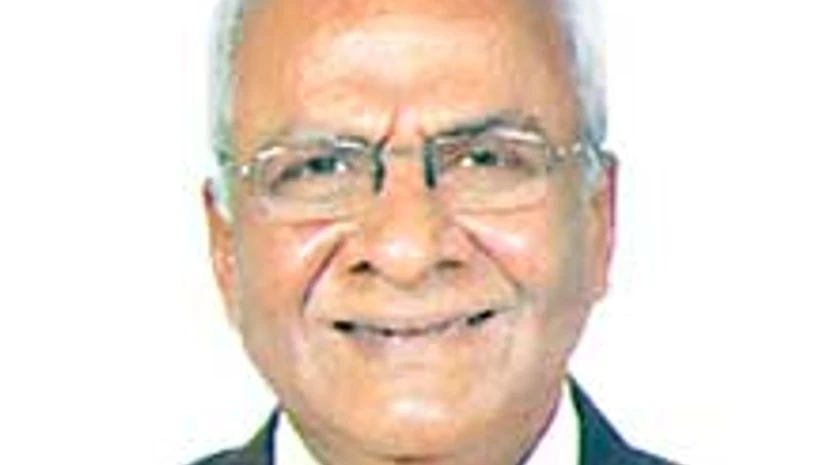Political uncertainties, security concerns and worries about the economic slowdown in China and the rest of the world have dominated headlines this week. The World Bank also predicted India would outpace the Chinese dragon in the next three years
The first week of this year has not started very well for the global economy or India. Political uncertainties, security concerns and worries about the economic slowdown in China and the rest of the world have dominated headlines.
The stock market crash in China reverberated through all other equity markets. China suspended trading on Monday and pumped in a lot of money to contain the damage and reworked some rules. However, after a brief respite, the prices again fell sharply and trading had to be suspended on Thursday. China's manufacturing sector growth is weak, which means its economy might not surge enough to boost global commodity prices.
On Thursday, its currency depreciated by 0.6 per cent in the onshore markets but in the offshore ones, the yuan fell 8.5 per cent. Further, the depreciation can push India and other developing economies to act likewise. In any case, the countries dependent on export of commodities or intermediates to China seem headed for a year of low growth.
Saudi Arabia executed a well-known cleric and 46 others on charges of terrorism. Iran reacted strongly and, in turn, Saudi Arabia and a few other countries snapped diplomatic ties with it. The Saudi-Iran conflict sets the stage for a deeper Shia-Sunni divide in a region already torn by civil wars and terrorism. Unless the tensions are contained, the destabilised region can have wider impact on oil prices, growth prospects and security concerns. North Korea conducted a nuclear test, sparking a global sell-off in equity markets. It is difficult to gauge the economic impact of that country's enhanced nuclear capabilities but it heightened nuclear proliferation worries, partly reflected in Wednesday's panic in global equity markets. The World Bank cut its global economic growth forecast for the year.
At home, the terrorist attack on military targets in Pathankot cast a shadow on the Indo-Pak talks scheduled in mid-January. The government initially appeared to stay the course but later veered toward putting the talks on hold. Even if these resume, the expectation of any quick breakthrough on critical issues has significantly receded and any further liberalisation of trade or economic cooperation with Pakistan may not happen soon. On Thursday morning, the benchmark Sensex slipped below 25,000 and the rupee inched closer to 67 a dollar. To add to the gloom, an earthquake of fair intensity hit parts of our country in the northeast and the chief minister of the most sensitive border state passed away.
Looking for silver linings, the World Bank projected that India would grow by 7.8 per cent in 2016 and 7.9 per cent annually in the next two years. The Bank also predicted that India would be the fastest-growing economy in the world in the next three years, outpacing China. Prime Minister Narendra Modi set up eight groups of secretaries to come up with ideas to drive growth. Crude oil prices fell below $33 a barrel.
Overall, exporters and domestic producers can expect one more difficult year. Hopes rest on better performance in developed countries, increased spending by the government in infrastructure projects that can boost productivity, further reform of tax laws and better agriculture output this year. The circumstances warrant a growth-oriented Budget.
tncrajagopalan@gmail.com

)
